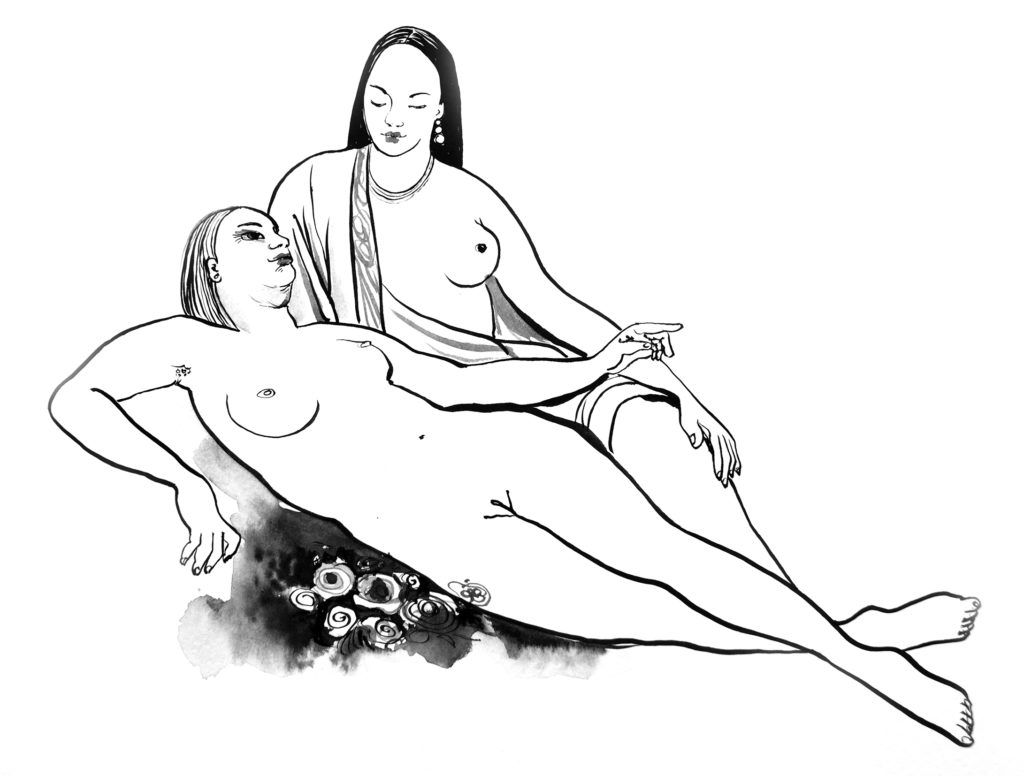THABISO BENGU
Dolar Vasani’s Not Yet Uhuru - Lesbian Love Stories: revealing the fluidity of sexuality

In a room full of 100 lesbians, there are 100 lesbian love stories, all of them unique and layered with subtext and context. Not Yet Uhuru – Lesbian Love Stories is a passionate, sad, joyful and surprising read that encapsulates all seasons of the year. From the dark winters of coming out to sunny summers of finding peace and internal restoration.
Vasani’s book is a Gregorian time-travelling series where each story is cleverly named after the months of the year. The 12 stories are very brief and read as if they are highlights. The book flashes lesbian love stories like multiple lightning rods in the sky or end credits of a film.

The characters are from different African countries dealing with life problems that are only exclusive to them because they are lesbians. The book also achieves the objective of humanizing lesbians in a world that is often hostile and cruel through this deliberate political exploration of painting a queer Africa. Not Yet Uhuru – Lesbian love stories goes beyond coming out and involves other complex life issues and emotions such as parenting, divorce, conflict, secrets, travel, desire etc

Cuffed in the wilderness is the opening title that explores the life of Tasneem after breaking up with her former lesbian lover who has decided to date men again. She ends up hooking with a police officer she met earlier on the day at a party. This story is as boring as January itself because the characters leave you with so many questions and Tasneem is not a well-developed character. The story, paradoxically, is bold because it opens the book by revealing the fluidity of sexuality. In queer circles, this is often seen as scary and controversial because other people think that it invalidates the narrative of Born This Way that has been the foundation of the human rights persuasion.

A good short story captures the reader through great prose or eventful details. Vasani struggles to do both at the beginning. However, during the course of the “year”, the narratives gradually gain complexity and depth.
In May, we meet a mother who is struggling with her daughter’s sexuality and has hidden it from the family and community. The daughter lives with her partner outside the country and the couple is awaiting the birth of their daughter that was conceived via IVF. She is very surprised when she confides in her friend and finds out that she thinks she is stupid for lying and not taking her daughter’s love for women seriously. Vasani succeeds in telling this story with a level of grace, suspense and beauty that the characters deserve. She affirms that even in African countries with homophobic laws there are compassionate and supportive allies to be found.

This anthology is more than just a collection of short stories but it is an artistic expression about love. The illustrations and cover are designed by Andrea Rolfes, she uses pencil-like sketches to create a cinematographic feeling of intrusion for the reader. You are exclusively invited to the lives of lesbians and you are an audience in an intimate setting. The illustrations often have dark or invisible eyes to mark shame and deep moments of pleasure. They give dignity to a small book that starts badly. Rolfes articulates the erotic by drawing out vaginas and breasts explicitly. This works well with Vasani’s sexual and erotic writing. The background of the illustrated women often resembles a cosmic blanket found in the galaxy. This part is a deliberate protest by the artist to affirm that lesbian love is holy and out of this world.
Not Yet Uhuru – Lesbian Love Stories is an outstanding collection of short stories that could have been better edited to achieve a certain queer literary excellence that has been seen with the likes of Audre Lorde, K Sello Duiker, Siya Khumalo, Makhosazana Xaba and many others.
